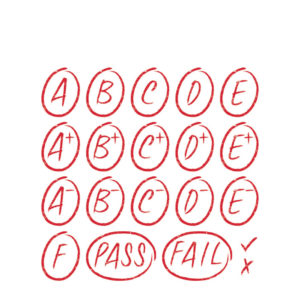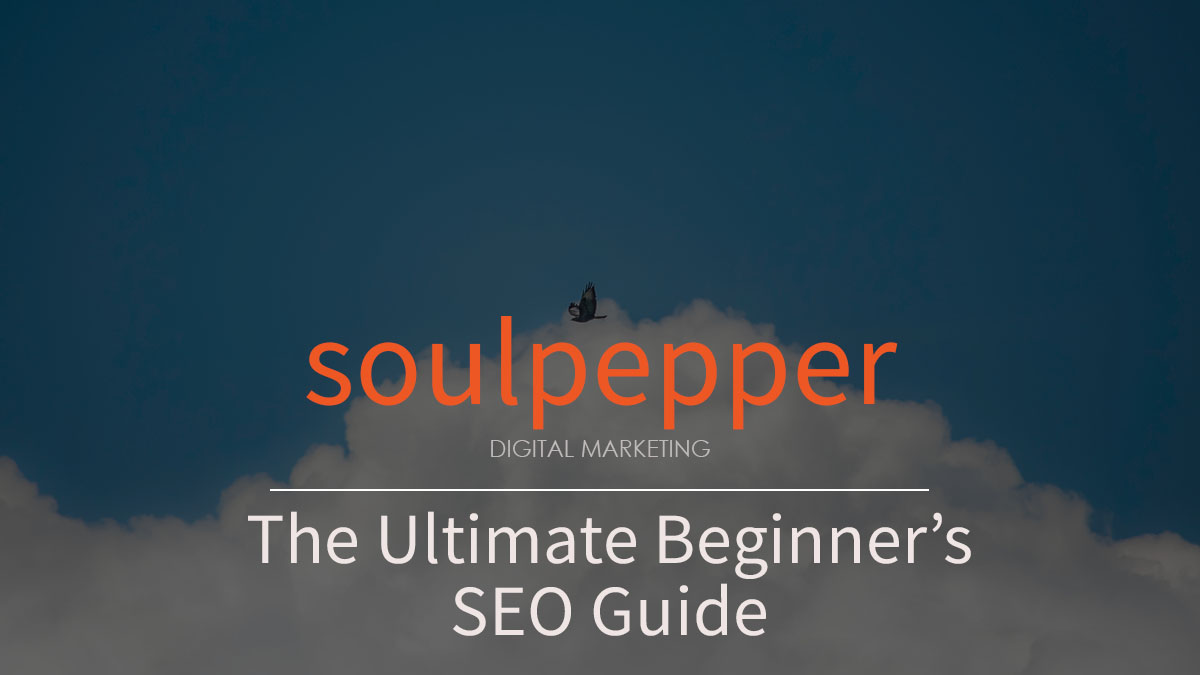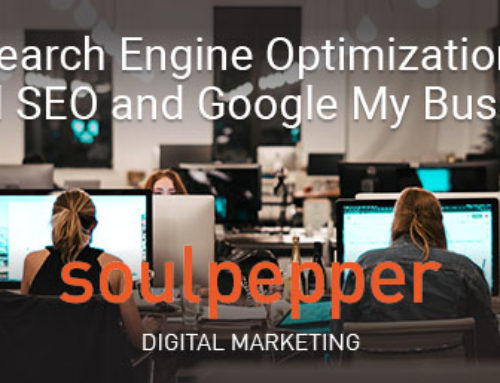This week’s blog post is a summary of an educational SEO Webinar led by Soulpepper’s Digital Marketing Director, Mahan.
Mahan’s skills and qualifications have been built from working in the digital marketing industry for over 10 years.
To preface those of you who’ve missed our previous blog posts, SEO, also known as Search Engine Optimization, basically helps anyone who wants to be visible online. Any type of business or service with an online website or blog can utilize SEO to gain more exposure.
From a more technical standpoint, SEO is the process of getting traffic to a website through search engines organic (unpaid) results. Anything that is not paid to show up in Google, Yahoo, or Bing, is called organic search results.

SEO produces long-term, long-lasting results.
The caveat is that it also takes more time to see the results than paid ads. However, when you have successfully implemented a SEO strategy, you will organically rank higher in the search engine and will be spending less money in the long run because you will not have to run paid ads to beat your competitors, you’re organically beating them.
Think of it like this: SEO is like getting recognized for your hard work and dedication to years of your craft. It’s more rewarding, long lasting, and admirable in the eyes of the beholder and it is the route that will gain you a true fan base. Paid Ads is like becoming famous very quickly and gaining a lot of exposure initially because you paid for it. It is the shorter route, the easier route, but it also requires financial capital to maintain.
But don’t get me wrong, both SEO and Paid Ads are good and are even more powerful when used in combination. For example, you can use Paid Ads while you are waiting for your SEO results to come to fruition. It all really comes down to what your company goals are, whether it is to quickly gain a lot of impressions and leads, where Paid Ads can effectively complete these goals. Or, if your company goals are to find a long lasting, recurring customer base, SEO can effectively complete these goals.
The number one thing you have to keep in mind with SEO is…
That Google and other search engines are focused on one thing: to provide the best search results for the user. This means, that these search engines will eliminate anything that is not useful or relevant.
Google determines your websites usefulness and relevance based off several metrics. These metrics then determine where your website ends up on the SERP (Search Engine Results Page). Ranking high on the SERP is crucial, as the majority of the population seldom looks past the 1st page.
How can you rank high on the SERP? This is where SEO comes in.
If you are in a very competitive market and all your competitors are doing SEO there is no way you will land on the 1st page of the SERP for a specific keyword if you’re not doing SEO. Getting on the first page on the SERP should be the number one goal for your business.
Let’s go back to the basics: understanding how your website is being graded by Google.
When you optimize your website with SEO, you’re essentially looking at the “grading sheet” that Google “marks” your website with. To get the “highest grade” or ranking, website’s have to make sure they’re ticking off all the boxes on Google’s grading sheet.
Here is a short summary on what Google looks for on your website to determine your “grade”:
Site Health & Development
- Site errors
- UI & UX
- Desktop & Mobile
- Crawlability
- Response code
- URL parameters
- Server connectivity
- Speed
All of these grading metrics can be optimized and enhanced using SEO. The more optimized each metric is, the higher your “grade” from Google, and the higher your ranking on the SERP.

For more in-depth information, sign up for our next SEO Webinar or Contact Us for a free consultation
When we perform SEO on your website, we focus on two things: Onsite SEO and Offsite SEO.
Onsite SEO focuses on:
Country Targeting
A lot of platforms like WordPress have their default country setting set to the USA. If you’re a business in Canada, you need to change this so your website can be indexed for a Canadian audience.
Keyword Research
Make sure that your website is using words that align with what your target audience is searching for.
Metadata Optimization
Checks that your website headers and descriptions are optimized for keywords, are simple, informative, and focused on getting a click.
Content Optimization
Google judges you based on your competitors. If your competitors are constantly pushing out relevant content, while your website is static, Google will rank them higher because they are being more engaging and pushing out content for users.
Site Health Testing
Makes sure there are no errors appearing on the backend of your website, quickens your webpage loading time, cleans up our URL parameters, checks on your server connectivity.
Usability Testing
Ensures your website is easy to navigate, understandable and mobile optimized.
Offsite SEO focuses on:
Link Building:
You need to have “internal” and “external” links to increase your websites credibility in Google’s eyes.
- Internal Links are links you place within your website that lead to other pages on your website. For example, an internal link is a link that leads to a website’s contact form from a blog post.
- External Links are other websites sending links back into your website.
The more credible external links your website has coming in, the better.
Here are some places you can get external links from:
- Social media
- Websites
- Blogs
- Other related online media
Domain Score and Page Rank (Google emphasizes page rank):
Domain score is the score google gives you for your domain name
- If you have a low domain score, you are either; not doing anything SEO wise, or you are a brand new site, or you are a spam site.
Page rank is what kind of content you are putting out and how useful it is for users
- The higher the page rank, the better quality it is, and the better indexing it is going to get.
- If you have a page with a high page rank, it will bump the indexing for other pages on your site, but you want to make sure you put links on that page to other pages to spread out the link juice this page is generating.
There was a lot of valuable information presented in Soulpepper’s SEO Webinar that was briefly touched on today.
Sign up for our webinar if you would like more in-depth information on everything discussed in this blog post as well as:
- The history of SEO and how it has evolved in the last 10 years.
- Understanding the history and where SEO came from can help you predict the future, as new SEO updates come every 2-3 months and you can better prepare yourself in advance.
- The marketing pyramid and how a strong foundation of SEO is the key to building and moving up your marketing pyramid.
- How to create or deal with websites for a local audience or international audience
- How to know which keywords to pick for your metadata
- And more!
If you want to know how the SEO experts at Soulpepper can help your business, Contact Us for a free consultation!
We look forward to speaking with you.
Hope this helps! –Soulpepper







Leave A Comment